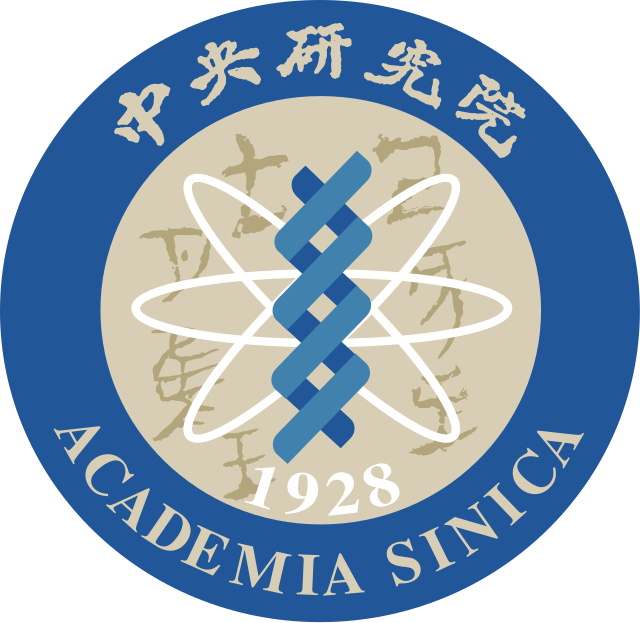Institute of Biological Chemistry
Research Field
Prof. Chen received her Ph.D. from the University of Cambridge. She is a Research Fellow at the Institute of Biological Chemistry, Academia Sinica, and an adjunct professor at the Institute of Biochemical Sciences, National Taiwan University. She worked on protein folding and misfolding and was awarded nine patents from Taiwan, the USA, Europe, and China. She was awarded Academia Sinica Young Investigator Award in 2010 and The TSBMB Award for Innovative Young Biotechnologist in 2012.
My research interest is to explore protein folding/misfolding mechanisms using the tools of protein chemistry and biophysics. I developed a photolabile caging strategy to monitor the folding kinetics in the early stage of protein folding on a nanosecond timescale. I explored single-molecule protein folding by single-pair fluorescence resonance energy transfer (sp-FRET). As for protein misfolding, I focus on studying prion disease and Alzheimer’s disease (AD). I developed a seed-titration method to study the sequence-dependent seeding barrier between the prion peptides of different species and employed site-directed spin-labeling, electron spin resonance (ESR) spectroscopy, and cryo-electron microscopy (cryo-EM) to study the structural conversion of prion protein/peptide and the resulting fibril structures. I developed a cell-based, highly sensitive, fluorescent screening system to screen compounds that can upregulate neprilysin, the main Aβ-degrading enzyme. I found polyhydroxycurcuminoids, but not curcumin itself, increase NEP activity and could be used to prevent AD. I designed two anti-Aβ peptide inhibitors, which could be used as a nasal spray to delay AD progression. Five years ago, my research interest extended to the de novo design of antimicrobial peptides. I designed several peptides which have excellent antibacterial and antifungal activities against agricultural pathogens and various human pathogens of nosocomial infection. I am the first one using cryo-electron tomography (cryo-ET) to reveal the morphology changes of bacterial membranes after the antimicrobial peptide treatment in a native-like state at nanometer resolution.
- Peptide therapy for Alzheimer’s disease
- Molecular basis of PRION formation and species barrier of PRION transmission
- Design of antimicrobial peptides against multidrug-resistant pathogens
- 2022 Outstanding Teaching Award, National Taiwan University
- 2012 The TSBMB Award for Innovative Young Biotechnologist第一屆年輕學者生化科技發明創作獎
- 2010 Academia Sinica Young Investigator Award 中央研究院年輕學者研究著作獎
- 1991 Scholarship from Ministry of Education for studying abroad 教育部公費留學獎學金
- 1985-1989 B. S. Department of Agricultural Chemistry, National Taiwan University
- 1989-1991 M. Sc. Institute of Biochemical Sciences, National Taiwan University
- 1993-1998 Ph. D. Department of Biochemistry, University of Cambridge, UK
2 Vacancies
Job Description
The student will learn how to resolve the structure of amyloid fibrils by cryo-EM.
Preferred Intern Education Level
undergraduate and graduate
Skill sets or Qualities
basic biochemical training
